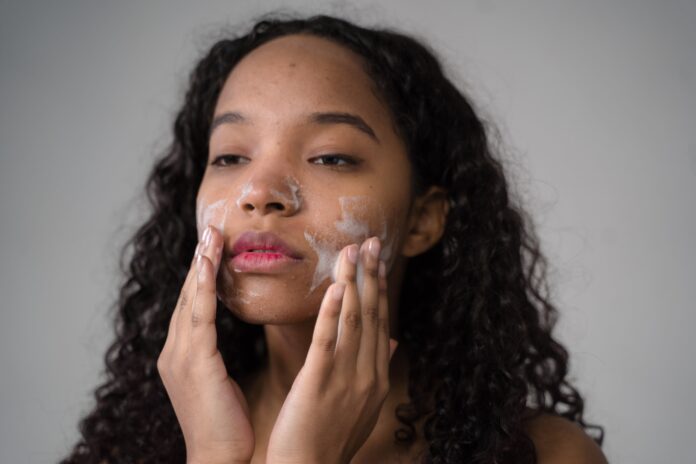Intimate hygiene is an essential part of any woman's personal care routine. Keeping the genital area clean and healthy is essential to prevent infections and discomfort. In this article, we present 10 valuable tips to ensure adequate intimate hygiene and promote a healthier and more comfortable life.
1. Use Warm Water for Gentle Cleansing
When washing the genital area, opt for warm water rather than hot water. The very high temperature can be irritating and dehydrating for the sensitive skin in the region. Warm water, on the other hand, is gentle and effective in removing impurities, preserving the skin's natural balance.
Try it: Include this habit in your daily routine for a feeling of freshness and comfort.
2. Choose Mild, Fragrance-Free Soaps
Use mild, fragrance-free soaps formulated especially for the intimate area. Avoid scented soaps or soaps with harsh ingredients that could cause irritation. Prioritize products that respect the delicacy of the genital region.
Why? Gentle soaps help maintain the natural pH of the intimate area, preventing irritation.
3. Wash Only Externally to Respect the Natural Balance
During intimate hygiene, focus on cleaning the outside of the genital area. The vagina is self-cleaning and does not require internal washing, which can disrupt its natural balance. Opt for gentle and effective external cleaning methods.
Important Tip: Respecting the natural self-cleaning of the vagina helps prevent infections.
4. Avoid Vaginal Douches to Preserve Vaginal pH
Avoid using vaginal douches, as they can alter the vaginal pH and unbalance the natural flora, increasing the risk of infections. Prioritize hygiene methods that respect the physiology of the vagina, promoting a healthy environment.
Additional Benefit: Preserving vaginal pH contributes to the prevention of recurrent infections.
5. Wash After Sex for Complete Hygiene
After sexual intercourse, it is crucial to practice intimate hygiene to remove residues of lubricants, condoms or body fluids. This simple practice can prevent infections and ensure a feeling of freshness.
Tip to Remember: Make post-intercourse hygiene an essential part of your routine.
6. Change Pads Regularly During Your Menstrual Period
During your menstrual period, change sanitary pads frequently to prevent the proliferation of bacteria. Choose products suited to your flow to ensure effective protection.
Helpful Advice: Know your menstrual cycle for more efficient management of intimate hygiene.
7. Opt for Cotton Underwear for Breathability
Choose underwear made from cotton, a breathable material that wicks away moisture. This reduces the risk of irritation and infections, providing comfort throughout the day.
Why Cotton? The breathability of cotton is essential for the health of the intimate region.
8. Avoid Tight Clothing to Prevent Humid Environments
Tight-fitting underwear and tight pants can create a humid, stuffy environment that encourages bacteria to grow. Opt for looser clothing to allow air circulation.
Style Tip: Balance fashion with comfort, prioritizing pieces that promote intimate health.
9. Keep your hands clean for proper hygiene
Before performing intimate hygiene, be sure to wash your hands well. Hands are carriers of germs, and good washing practices reduce the risk of introducing unwanted bacteria.
Remember if: Hand hygiene is an essential preventative measure.
10. Consult a Professional in Case of Abnormalities
If you notice any persistent irritation, unpleasant odor or unusual discomfort, consult a healthcare professional. Problems such as infections can be treated effectively when identified early.
Important Alert: Self-awareness and seeking professional help are pillars of intimate health.
Conclusion
Intimate hygiene is a crucial part of women's health care. By adopting gentle and respectful cleansing practices, you can promote the health and well-being of the genital area. In addition to the tips mentioned, it is essential to pay attention to your body's signals and seek medical advice when necessary. Prioritize your intimate health for a full and comfortable life.








